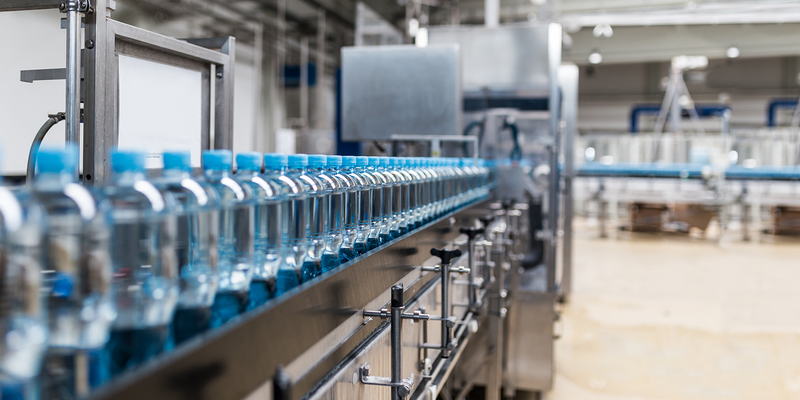TD Magazine Article
Training and Partnerships Will Aid Manufacturing Industry
Proactive measures are necessary for US manufacturers to combat talent and supply chain shortages.
Thu Dec 30 2021

According to Deloitte and the Manufacturing Institute's report Creating Pathways for Tomorrow's Workforce Today: Beyond Reskilling in Manufacturing, the skills gap in the US manufacturing industry could mean 2.1 million unfilled jobs by 2030 and a $1 trillion cost to the US economy. COVID-19 has worsened the problem, but there's also a diversity issue with few women in the industry, as well as a perception problem that manufacturing means dirty, routine jobs.
To overcome the industry's challenges, the report recommends companies engage with local communities; solicit former military personnel; tie leadership performance to diversity, equity, and inclusion metrics; consider more flexible job arrangements; and leverage technology.
Meanwhile, current supply chain issues are adding to manufacturers' struggles. "As \[COVID-19\] lockdowns have lifted, demand has rocketed. And supply chains that were disrupted during the global health crisis are still facing huge challenges and are struggling to bounce back," writes Holly Ellyatt in the CNBC article "Supply Chain Chaos Is Already Hitting Global Growth. And It's About to Get Worse." She highlights other industry challenges "including worker shortages and a lack of key components and raw material."
Ensuring that manufacturing workers have the appropriate skills as the industry and world change was the topic of conversation of an October 2021 National Skills Coalition fireside chat featuring US Secretary of Commerce Gina Raimondo and industry leaders. To do that, creative partnerships—with communities but also with government, nonprofits, and educational facilities—are needed. Both Raimondo and Carolyn Lee, executive director of the Manufacturing Institute, made that point.
Lee also spoke to the need for constant learning: "Education and training isn't a destination. Education and training is lifelong now." The manufacturing industry needs to adapt to the changing workforce and technology, Lee stressed.
During a late 2021 Washington Post Live event, "Transformers: Manufacturing," Katy George, senior partner at McKinsey & Company, spoke about the work her organization has done with the World Economic Forum to identify manufacturing sites that have been early adopters of Fourth Industrial Revolution technologies. George said that those early adopter organizations have a worker centricity: "They are all about actually supporting the frontline workforce, upskilling them, and making their jobs easier."
One successful manufacturer has created large-scale learning academies to build new skills. George also mentioned skill credentialing, engagement with local community colleges and vocational schools, and reverse coaching as mechanisms to move the manufacturing industry toward automation and the future.

